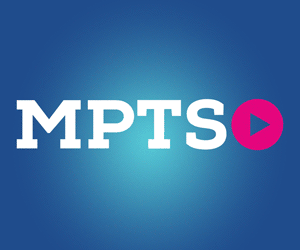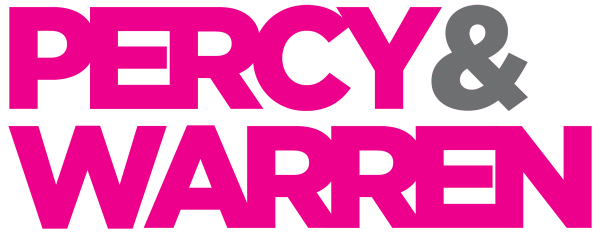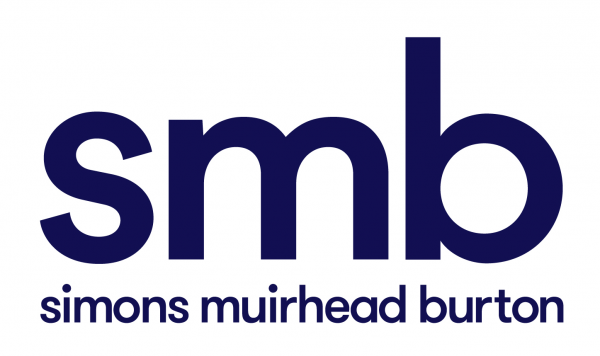- Support from actors Emma Watson (VT available), Gemma Arterton, Jodie Whittaker, Gemma Chan, and producers Barbara Broccoli, Rebecca O’Brien and Alison Owen (see attached for quotes)
- New Film & TV Support Line from the CTBF for people working in film and television will complement Equity’s service for actors
- Training provided to upskill designated people to handle issues on and off-set
The first Set of Principles and Guidance to tackle bullying and harassment, specifically tailored to the screen industries is published today in response to the urgent and systemic issues revealed over past months. Galvanised by a determination to eradicate bullying and harassment and support victims more effectively, the guidance has been developed by the BFI in partnership with BAFTA and in consultation with organisations including guilds, unions, industry member bodies and key agencies as well as employees and freelancers across all roles. From April, a new Film and TV Support Line from the Cinema and Television Benevolent Fund will be set up, free of charge for anyone working in the film and television industry.
The Set of eight Principles cover a shared responsibility to respect others, adopt a zero tolerance approach to bullying and harassment, adhere to the laws around equality and health and safety, protect victims and witnesses, respect confidentiality, ensure that rigorous processes are in place for reporting and underline the value of inclusivity. The Principles and Guidance will be incorporated in the BFI’s Diversity Standards, promoting inclusion and representation across the industry and are available for download at www.bfi.org.uk/bullying-harassment . BAFTA previously announced that the Diversity Standards will become part of the eligibility criteria for the British categories at the Film Awards in 2019.
Neil Hatton, UK Screen Alliance CEO, said:
“UK Screen Alliance fully endorses the BFI’s Set of Principles on bullying and harassment. The workforce in the film, TV and commercials industry must reflect fully the composition of the UK population, so policies that promote an inclusive, safe and welcoming working environment are vital. We will be encouraging our member companies from across the screen sector supply chain to adopt the Principles, to share best practice and to ensure dignity and respectfulness in the workplace for all.”
Emma Watson, actor and activist, said:
“Led by the BFI and BAFTA, the industry has come together to agree these Principles and Guidance – developed by people who understand the subtleties of the hierarchy on a film set and what it’s like to work strange, unsociable hours. I hope these Principles become second nature for everyone; they are not just about protecting individuals but are also an important step in embracing a greater diversity of voices – and eventually having an entertainment industry that actually represents the world we live in.”
Margot James, Minister for Digital and the Creative Industries, said:
“Everyone has the right to feel safe at work and people can only thrive when they operate in a respectful and tolerant environment so that they can make the most of their creative talents. I welcome the BFI’s anti-bullying and harassment guidance and the collective efforts of the wider sector which is an important first step to ensure change.”
Amanda Nevill, BFI CEO, said:
“The collective determination of so many of us, individuals and organisations, to make changes to create a better safer working environment for everyone working in the screen industries has been extraordinary. It speaks volumes about the positivity at the heart of our industry, and I thank our many partners for their commitment, their invaluable expertise and the urgency they brought to this process to address this critical issue. This clear and simple guidance is for all, and in also becoming part of our Diversity Standards – which we strongly encourage all sections of the industry to adopt – it is an important step in becoming the industry I believe we all truly aspire to be: inclusive, fair, open and offering opportunity equally to everyone.”
Caroline Waters, Deputy Chair of the Equality and Human Rights Commission, said:
“We’re pleased to see the BFI and BAFTA taking an important first step in addressing bullying and harassment across UK screen industries, ahead of our own recommendations for reform on harassment, specifically sexual harassment, due to be released next month. It’s vital we have safe and inclusive working environments for everyone.”
Amanda Berry, Chief Executive of BAFTA said:
“These Principles and Guidance are the result of a monumental cross-industry effort in the face of some difficult truths. BAFTA is committed to promoting excellence and creative collaboration in film, games and television, and we believe that everyone has the right to work in a safe professional environment. It is essential that there is a shared understanding of respectful, inclusive working practices that enable everyone to succeed.”
Alex Pumfrey, CEO of the CTBF said:
“Film and TV can be an amazing industry to work in. However, the horrifying revelations of harassment and abuse in our industry adds to the under-reported incidence of stress, anxiety, health and mental health issues, and financial difficulty that can affect anyone. As the charity supporting those working in film, cinema and TV, we know just how devastating these experiences can be for individuals, and damaging to our industry as a whole. We are pleased to be able to announce the opening of a new ‘Film & TV Support Line’ as a source of independent and confidential advice, free of charge, for all those working in any area of film, cinema and TV. With the backing of the BFI, The Production Guild and other supporting partners, this will be a vital resource for those in times of need – or who simply want a listening ear. We hope anyone from any area or role, and issues big or small, will get in touch. We want to help make a difference.”
Taking a zero-tolerance policy on bullying and harassment at every level and in all areas of the industry, the Principles and Guidance specifically address the nature and structure of the screen industries, which rely on a considerable freelance workforce. It promotes a positive, respectful and productive workplace culture and clearly defines inappropriate behaviour, with the aim of preventing and prohibiting conduct that may cause harm, be detrimental to individuals or expose organisations to legal action.
The Guidance is designed to provide support and empower both employers and employees and provide clear and practical information for employers, covering understanding the law and their responsibilities and ways to provide good quality training, how companies and individuals can develop their own policies and how to recognise and challenge inappropriate behaviour.
Specific measures will be recommended including appointing two designated workers on and off set (preferably from all genders) to be trained to handle issues and allegations, ensure workers understand their rights and know how to seek help and support. They will encourage and support witnesses to step up and speak, and outlines how to report criminal activity. The BFI and BAFTA will work with industry partners to offer training and advice for those with designated responsibility for dealing with bullying and harassment on-set, in film, TV or in games businesses.
The Film & Television Support Line which is being developed by the CTBF in partnership with the Production Guild and is also being supported by the BFI, will be open for the industry to call from April 2018. The Film & TV Support Line has been created as an industry-wide source of independent and confidential help for people affected by a range of issues including bullying and harassment. It will be operated 24/7 by professionally trained staff with expertise and experience in supporting people facing different difficulties from harassment, to support for depression and anxiety, debt and money advice, specialist addiction counselling, bereavement counselling, legal advice and financial assistance. Access to the Film & TV Support Line is free at the point of contact. Follow-up specialist support tailored to an individual’s needs will be available, dependent on financial circumstances and industry service criteria. The CTBF is inviting industry partners to support and promote the Film & TV Support Line. The service will provide a valuable resource to those working across the film and television sector, particularly the large proportion of self-employed and freelance workers who may be without other support networks.
To create a necessary step-change in the industry, genuine and visible commitment from senior leaders across the screen industries is essential. This is why the Guidance and Principles have been developed with, and endorsed by, a broad range of partners including BAFTA, BECTU, Equity, Pact, The Production Guild, Women in Film & TV, the Cinema and Television Benevolent Fund (CTBF), the Writers’ Guild of Great Britain, the UK Screen Alliance and UK Interactive Entertainment (Ukie), amongst others across the sector. The Principles and Guidance will be featured in Creative Skillset’s upcoming Skills Passport pilot launching in the spring. The information has also been produced in accordance with advice recommended by workplace experts, Acas, the independent body that provides trusted advice and best practice to employers and employees, and with Challenge Consultancy, specialists in equality, diversity and inclusion training and policy development.
The Guidance will be reviewed every six months to ensure it is fit for purpose and is positively addressing the needs of the industry. The Principles and Guidance will also be embedded into the BFI Diversity Standards – a guide to improving inclusion and representation on and off-screen – which the industry are strongly encouraged to adopt. BFI-funded initiatives and activities have to commit to the Diversity Standards and have become an exemplar for UK film securing commitment from BAFTA, Film4 and BBC Films across their film activities. Inclusion and representation is central to the BFI’s strategic priorities and BFI2022, its five year plan for UK film, which is underpinned by new Diversity Targets for BFI funding awards and its internal staffing, which will formally be in place from April 2018.









